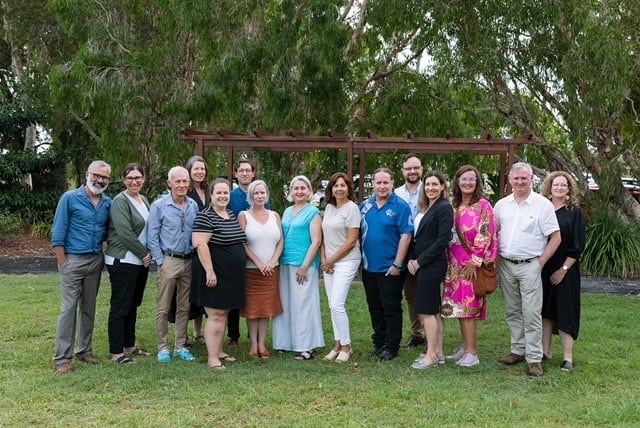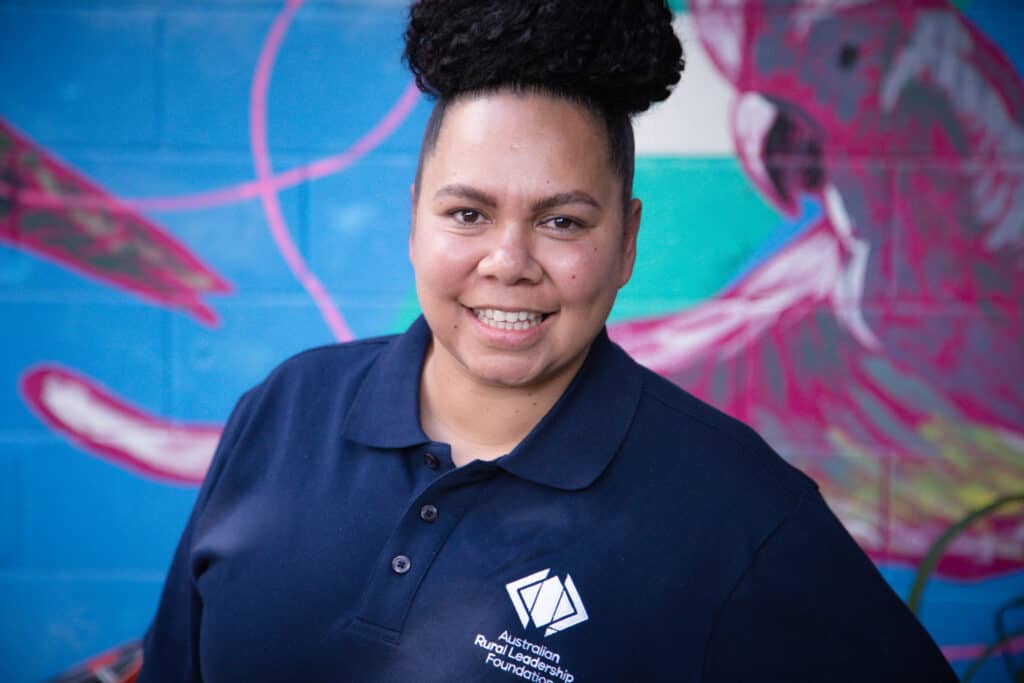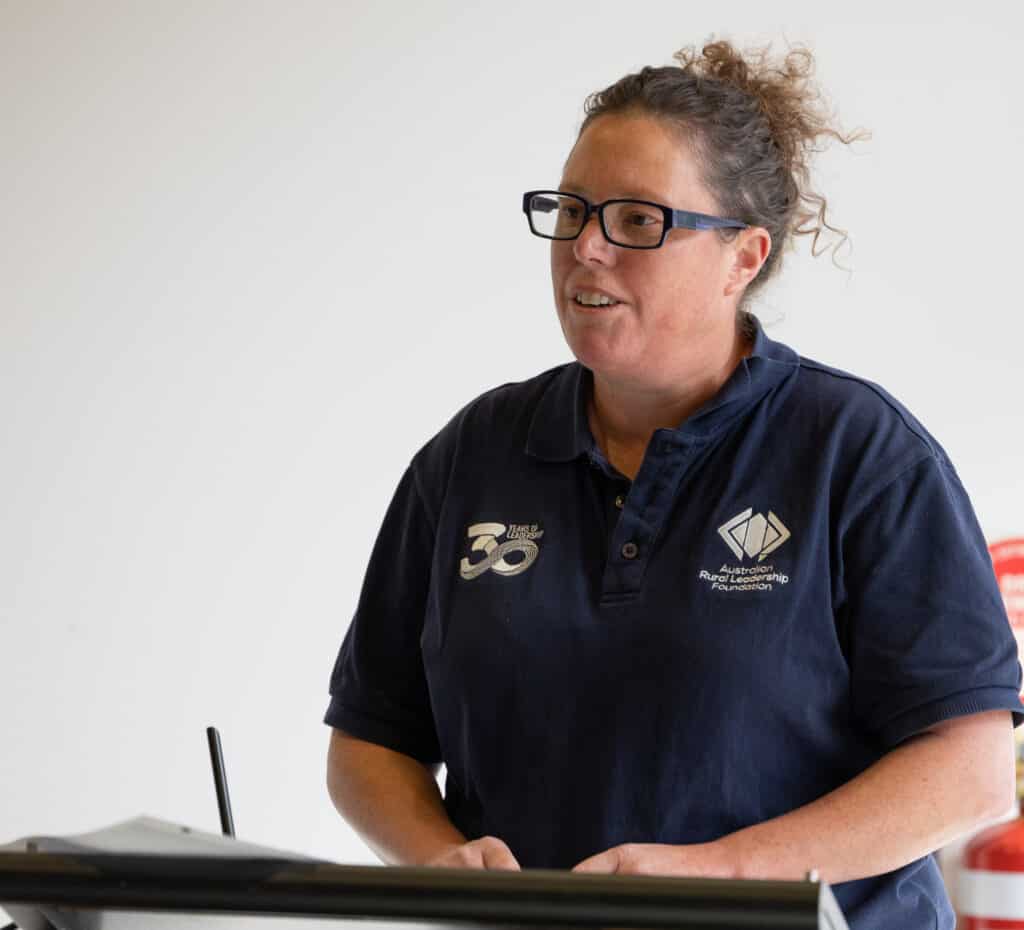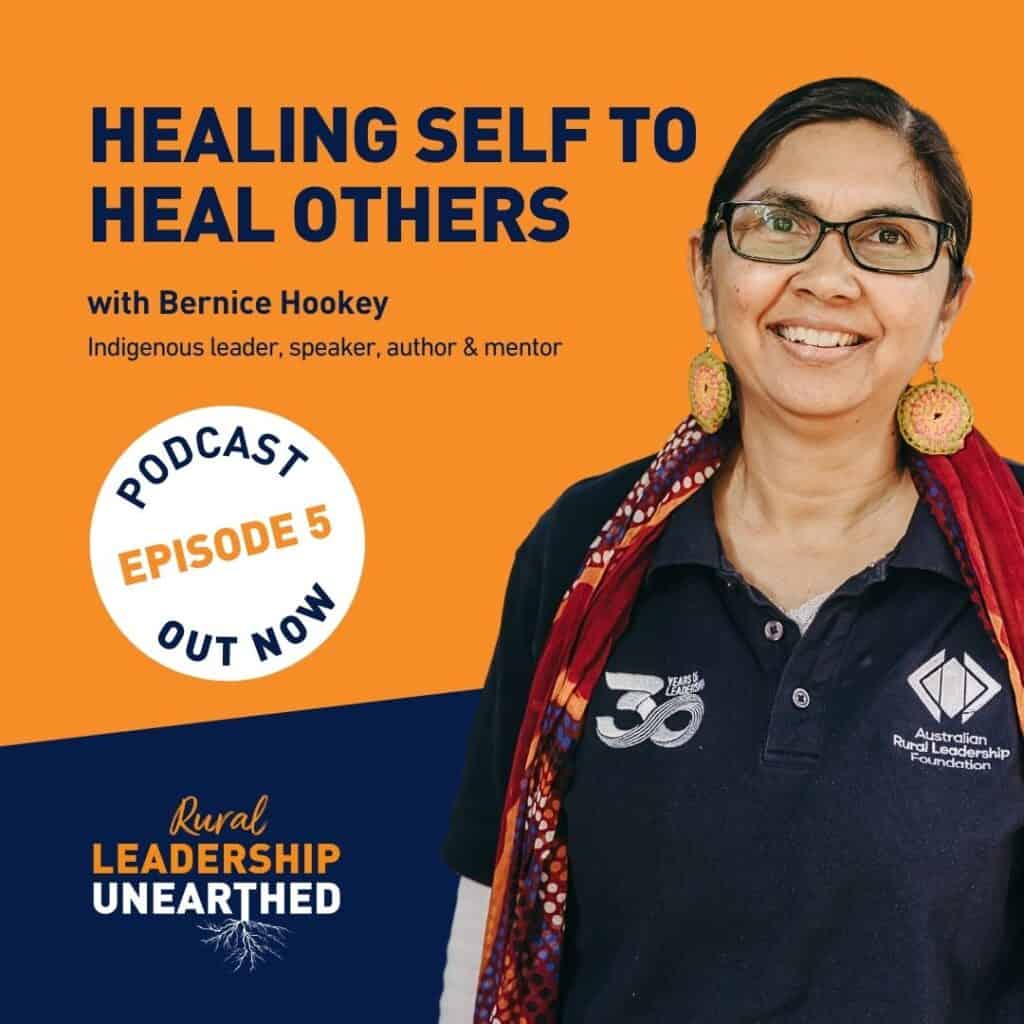While COVID has not left us and remains very real for those suffering from its effects, we’re getting used to living with it in our everyday lives. From an experiential learning perspective, this is good news.
Our team adapted our learning model during COVID to ensure participants could connect in a myriad of ways with the value of the experience top of mind. It’s become even clearer to me since that it’s impossible to replace in-person experiential learning when it comes to building behavioural and social intelligence – the building blocks of leadership development. While faster connectivity, developments in AI and virtual experiences will enhance the way we live and work into the future, I project that people will increasingly crave in-person connection. Thus, the core of our work – shared in-person experiences – will become even more important.
The return of air travel, both domestically and internationally, and the ability to connect in person with others from across Australia and overseas brings a rich tapestry of diversity, perspectives and learnings around real-life contexts.
The Australian Rural Leadership Program (ARLP) and Milparanga Cross-Cultural International leadership programs both have an international component. Participants have the opportunity to lift their field of vision beyond Australia, immerse in another culture, understand different forms of leadership, and build global networks through shared learning opportunities.
Our international focus is currently on New Zealand with our 2023 cohorts visiting last month and also in March. We’ve had the wonderful opportunity to work closely with Leadership New Zealand and Rural Leaders New Zealand in developing a range of diverse experiences for participants.
Milparanga participants had the opportunity to visit:
- Wellington for the mainstream and cultural governance
- Anakiwa for the outward-bound outdoor experience
- Christchurch West for engagement with local Māori people, a cultural immersion, cultural governance, financial literacy and Marae experience
- Christchurch for engagement with local Māori people around resilience after the earthquakes and mosque shootings
- Rotorua for engagement with local Māori people, a cultural immersion, self-determination, gender and equality and treaty processes
ARLP Course 29 will be New Zealand next week to experience Māori culture and immerse themselves in conversations about Treaty and culture; leading for wellbeing and performance; leadership and resilience through the lens of natural disasters; and the global challenges in agriculture. I am looking forward to joining the group for part of this session.
The ARLF also creates opportunities for our participants to connect with leadership program participants further afield – in Canada, the US and Scotland. Since 2020, we have been running an annual virtual learning experience with participants on the ARLP and the Scottish Enterprise Rural Leadership Program. Last week, participants shared their ideas regarding innovation in their respective industries, businesses and communities and found they had much in common when it comes to the challenges and opportunities in the rural landscape.

Turning back to home soil, it is timely and important that I reflect on the first anniversary of our most expensive natural disaster in Australian history – the floods in the Northern Rivers of NSW. Tuesday 28th of February marked one year since this unprecedented disaster. It was reportedly our biggest since Cyclone Tracey in 1974 and the second costliest event in the world for insurers in 2022. These floods affected some 15,000 to 20,000 people in Lismore alone. Today, about half are living in the shells of their home while the rest are in caravans, tents, in friends’ homes or a few have been fortunate to find one of few rental properties available with the current housing shortage.
On 23 February, 5 days prior to this anniversary, the ARLF together with the Regional Australia Institute, graduated 16 local leaders in the Northern Rivers leadership program. This region is one of ten across Australia participating in LARC.
One of the graduates said last week that “(LARC) provided emerging leaders of the Northern Rivers an invaluable opportunity to step away from their work and to really examine how we can progress our recovery and growth beyond this disaster”. This group of courageous leaders now have a more connected network of peers to support each other to advocate and take action for the future of their community.
I’d like to congratulate and welcome these community leaders into the ARLF network. I encourage each of our alumni to reach out (through LinkedIn or other) and lend their support to our newest graduates as they step through the complexity ahead. Also, thank you to our team on the ground who provided a safe place for them to build their leadership practices and networks.
The LARC program in the NSW Northern Rivers is one example of the work that will take us to over 50 regions within the next three years. In addition to our vital national programs, this work provides an opportunity for the ARLF to walk alongside regional communities for a time, to build capability and resilience in their place and on each region’s own terms.








